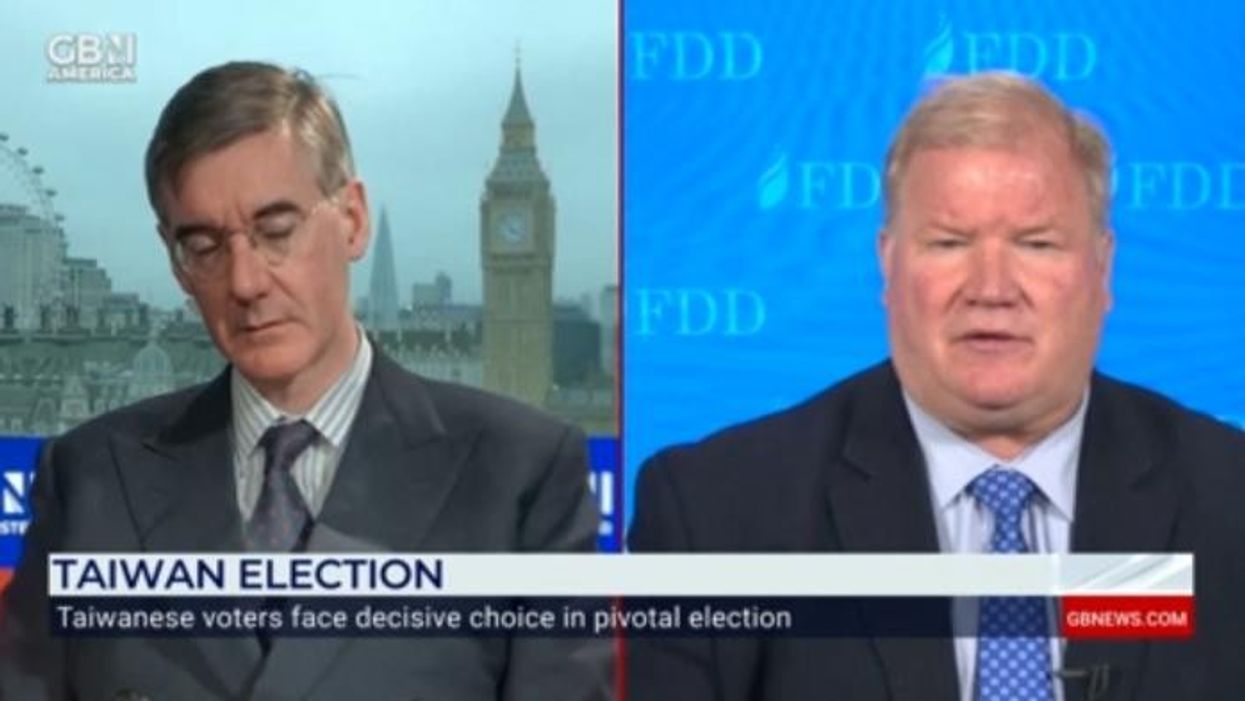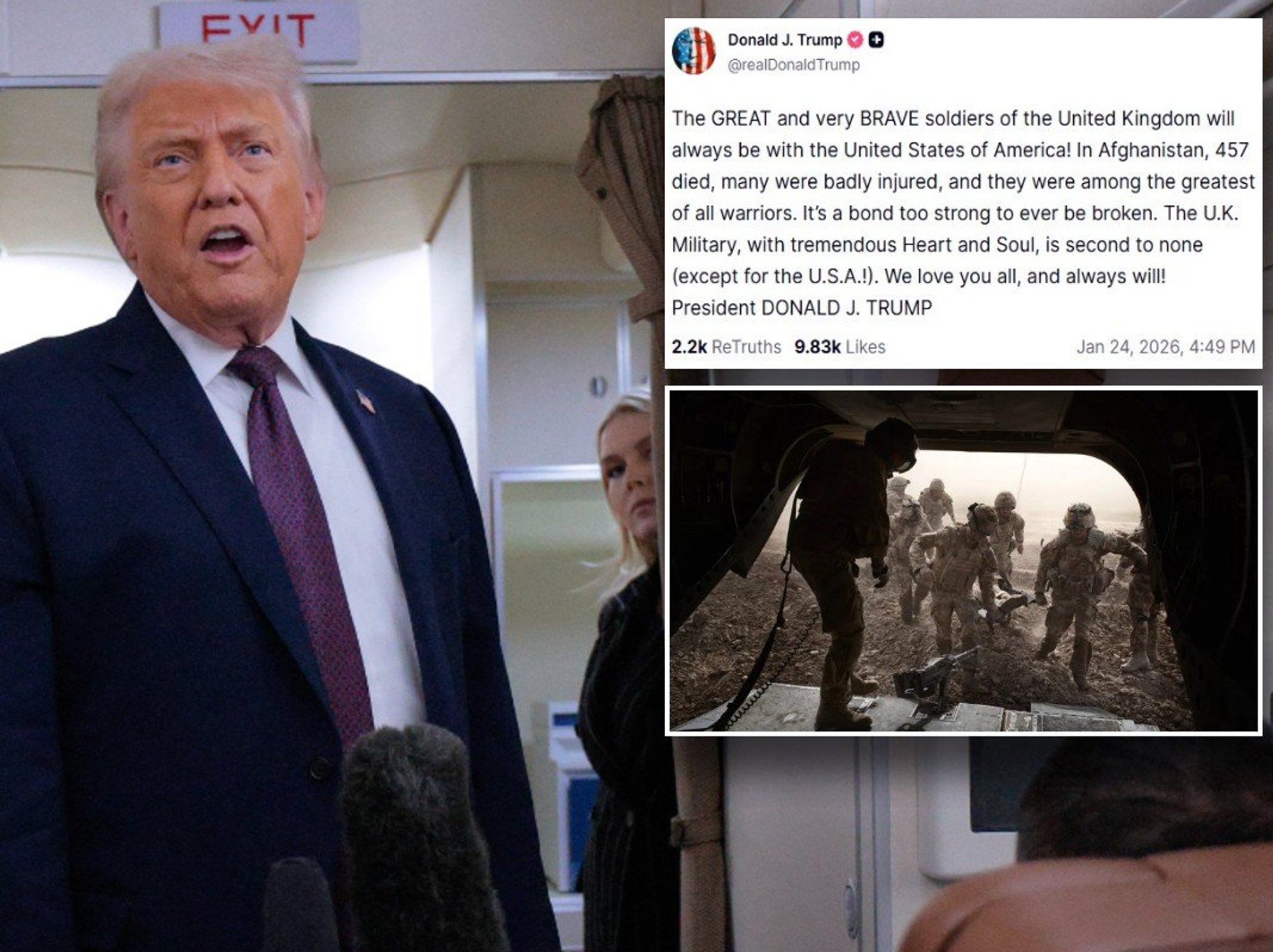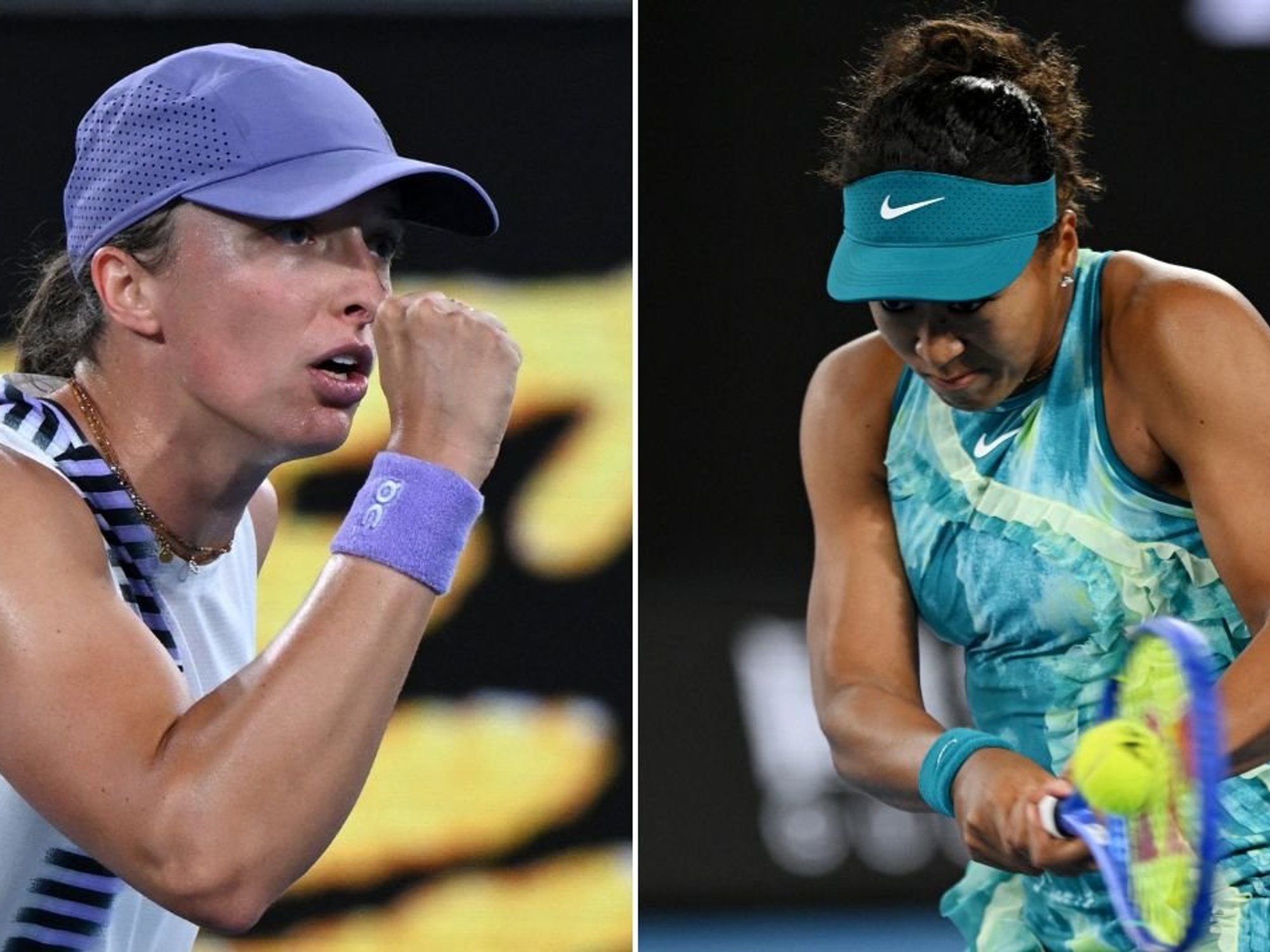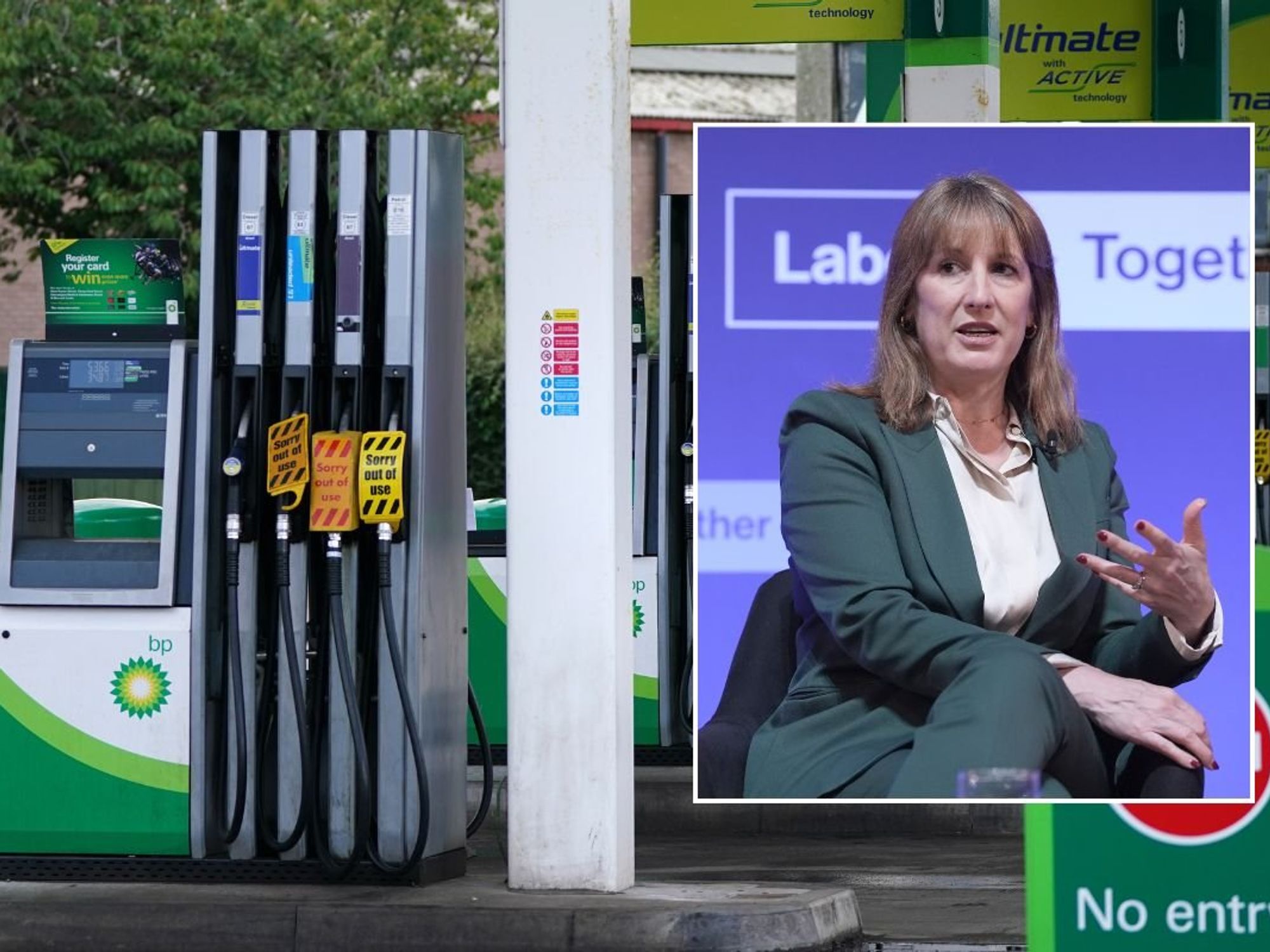‘Youth don’t see themselves as Chinese!’ Taiwan risks ‘infuriating’ China with ploy to appeal to voters

Taiwanese citizens will go to vote on Saturday
Don't Miss
Most Read
Taiwan could “infuriate” the Chinese as its major political parties shift their electoral priorities, Mark Montgomery has claimed.
The former Navy Rear Admiral told Jacob Rees-Mogg on GB News America that the country’s ruling class is focusing on winning the youth vote.
He spoke ahead of Saturday’s elections, which are taking place against a backdrop of tension and uncertainty.
The three parties are comprised of Lai Ching-te from the Democratic Progressive Party (DPP), Hou-Yu-ih from Kuomintang (KMT) and Ko Wen-je from the smaller Taiwan People’s Party (TPP).
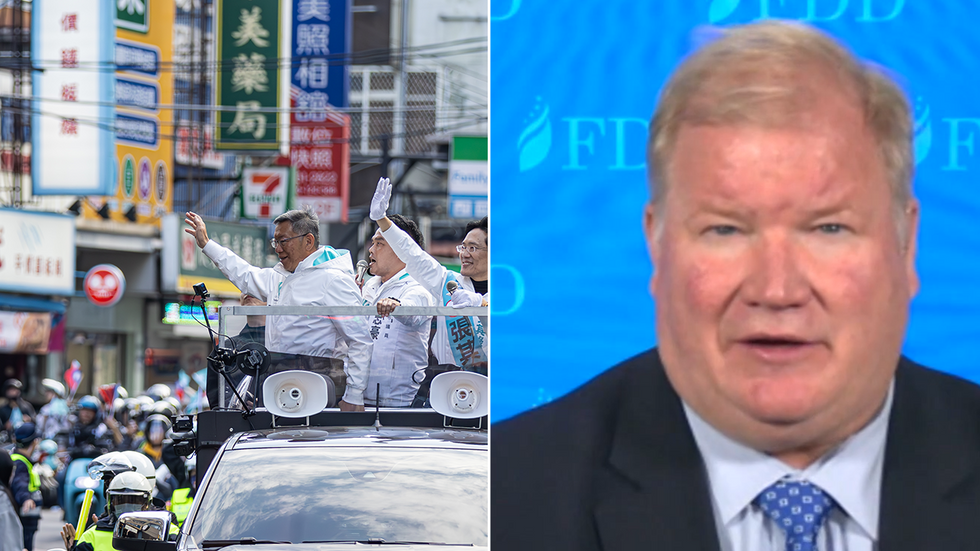
The KMT has previously endorsed unification with China, but according to Montgomery, they have shifted their stance.
“The KMT has moved away from being too concerned about infuriating China”, he said.
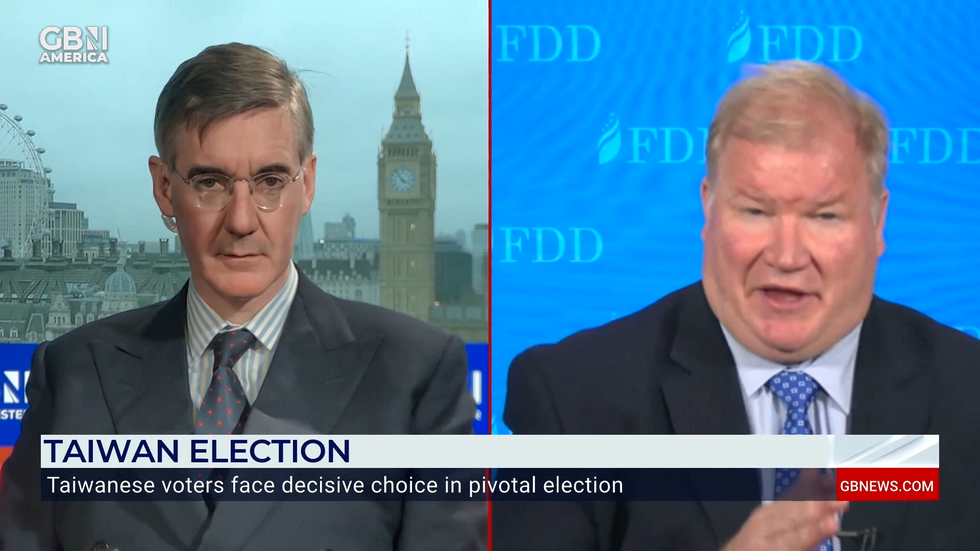
Jacob Rees-Mogg spoke to Mark Montgomery
|GB NEWS
“They’re recognising that the youth of Taiwan do not see themselves as Chinese and therefore don’t vote for anyone that would sound like they want reconciliation.
“So therefore, you see less of that from the KMT.”
The DPP have always maintained a separatist stance from China, meaning the difference between the parties are less pronounced, according to Montgomery.
He said the contrast is “less sharp” and “less impactful” as a result, but a difference would still be in place.
The parties need to move towards closer relations with the US, he added, in order to effectively deter China from potentially undertaking military action.
“The DPP clearly has worked closely with the United States to push forward military sales”, he said.
“It has raised defence spending from about 1.6 per cent of GDP on defence to about 2.5 per cent of GDP on defence.
“These policies of the DPP might be softened by the KMT and of course that’s a risk because if you do not make these kinds of investments in defence, you do not make clear your relationship with the United States.
“Therefore, you don’t send a strong deterrence message to China.
“I think it’s more in the messaging that’s important in this election that the DPP winning is a message that Taiwan still feels its future is with the United States.”


